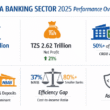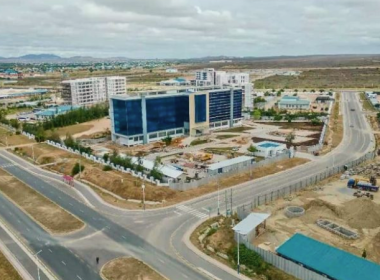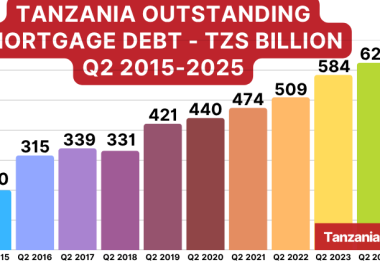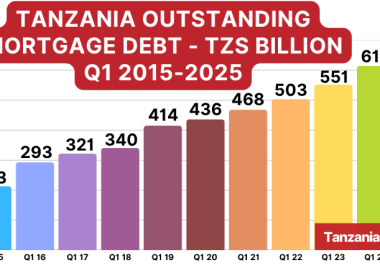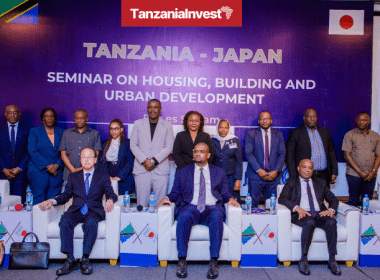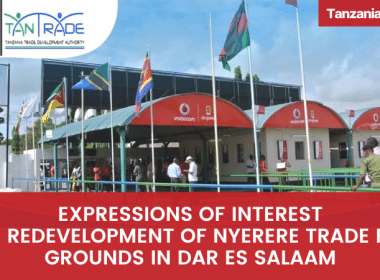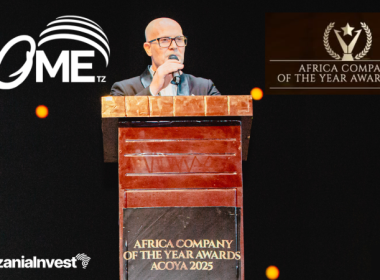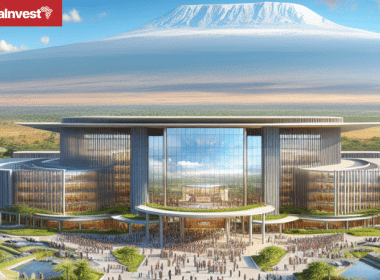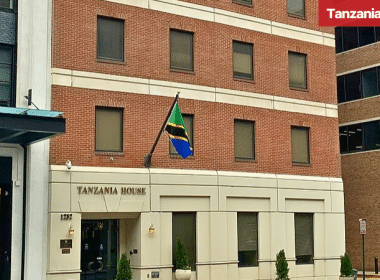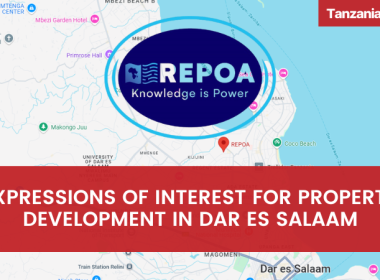Real Estate
Tanzania’s real estate sector contributed 3.1% to the country’s real GDP with USD 1.5 billion in 2019, compared to USD 1.2 billion in 2015, an increase of 25%.
Tanzania Residential Housing Market
Housing in Tanzania is dominated by individual home-builders who account for over 70% of the total supply. The rest is catered for by the public sector through local governments, the National Housing Corporation (NHC), the Tanzania Building Agency (TBA), the Watumishi Housing Company (WHC), and pension funds such as National Social Security Fund (NSSF), and by residential private developers.
Tanzania’s housing demand (affordable housing) is estimated at 200,000 housing units per annum with an existing housing deficit of 3,000,000 housing units.
In 2018, there were 12.3 million households in Tanzania, of which 8.2 million (67%) were rural and 4.2 million (33%) were urban.
Tanzania’s urban housing market is dominated by Dar es Salaam where an estimated 51% of households rent. The most expensive residential properties in the city are located in the Oyster Bay and the Msasani Peninsula.
Prime residential rents in Dar es Salaam declined by 72% over the past five years, from USD 5,000 per month in 2015 to about USD 2,900 in 2019 for a three-bedroom apartment. The decline is due to an increased supply of residential units accompanied by a slower demand.
Housing prices in Dar es Salaam range between USD 300,000 to USD 500,000 for a 3-bedroom property in prime locations and start from USD 50,000 for other areas.
Tanzania’s capital Dodoma is considered an emerging market for residential properties following the government’s decision to relocate all ministries and institutions from Dar es Salaam to Dodoma. Demand has increased also due to a growing expat community.
Prime residential rents in Dodoma are between USD 2,500 and USD 3,000 per month on average for a three-bedroom apartment.
For low and middle-income households, the NHC launched the Iyumbu sateLlite centre in 2016 which offers 300 three-bedroom stand-alone houses and other facilities. Prices range between USD 25,109 and USD 36,551.
Tanzania Office Market
Dar es Salaam is the main focus of office market activity in Tanzania. Traditionally, all government offices have been headquartered there and all diplomatic missions and private organizations have a presence in the city.
However, office rents have been declining over the past five years, from USD 25 per sqm per month in 2015 to USD 12 in 2019 due to an oversupply of new spaces in the market.
Additionally, the government decided to relocate to Dodoma from Dar es Salaam. Due to that move, prices in the Dodoma real estate market are expected to increase.
Tanzania Retail Market
Tanzania’s formal retail activity is centered in Dar es Salaam, the main economic hub of the country. The retail market in Dar es Salaam is largely focused on small retail centres in residential areas.
Dar es Salaam has a retail stock of 153,000 sqm. The main premium malls are Mlimani City Mall in Mwenge, Aura Mall in Upanga, and Mkuki Mall in Kisutu.
The average rent is USD 20 per square meters per month, while the selling price is USD 2,200 per square meter.
The formal retail sector in Dar es Salaam remains undersupplied presenting investors with an opportunity for growth.
Nonetheless, informal retail constitutes 80% of the retail market in Dar es Salaam in the form of on-street sales in ad-hoc temporary pavements locally known as “Wamachinga”.
Tanzania Industrial Market
Increased investment and trading activities in Dar es Salaam have led to higher demand for storage space mainly along Nyerere Road which is the prime industrial area in the city.
Dar es Salaam is a vital transit trade port handling 95% of Tanzania’s trade and connecting the landlocked nations (Burundi, Rwanda, Zambia, Malawi, and eastern DRC) with their overseas trade partners.
However, prime industrial rents fell by 50% over the past four years, from USD 5 per square meter per month in 2016 to USD 3.5 in 2019 due to an oversupply in developments leading to rising vacancies.
Demand in Tanzania’s industrial sector is expected to increase due to recent discoveries of natural gas offshore and a broad number of planned infrastructure projects.





